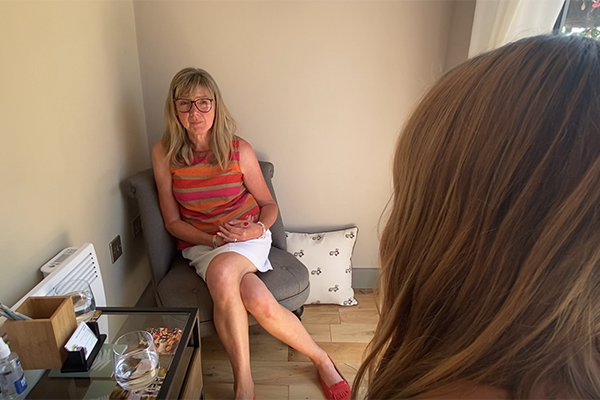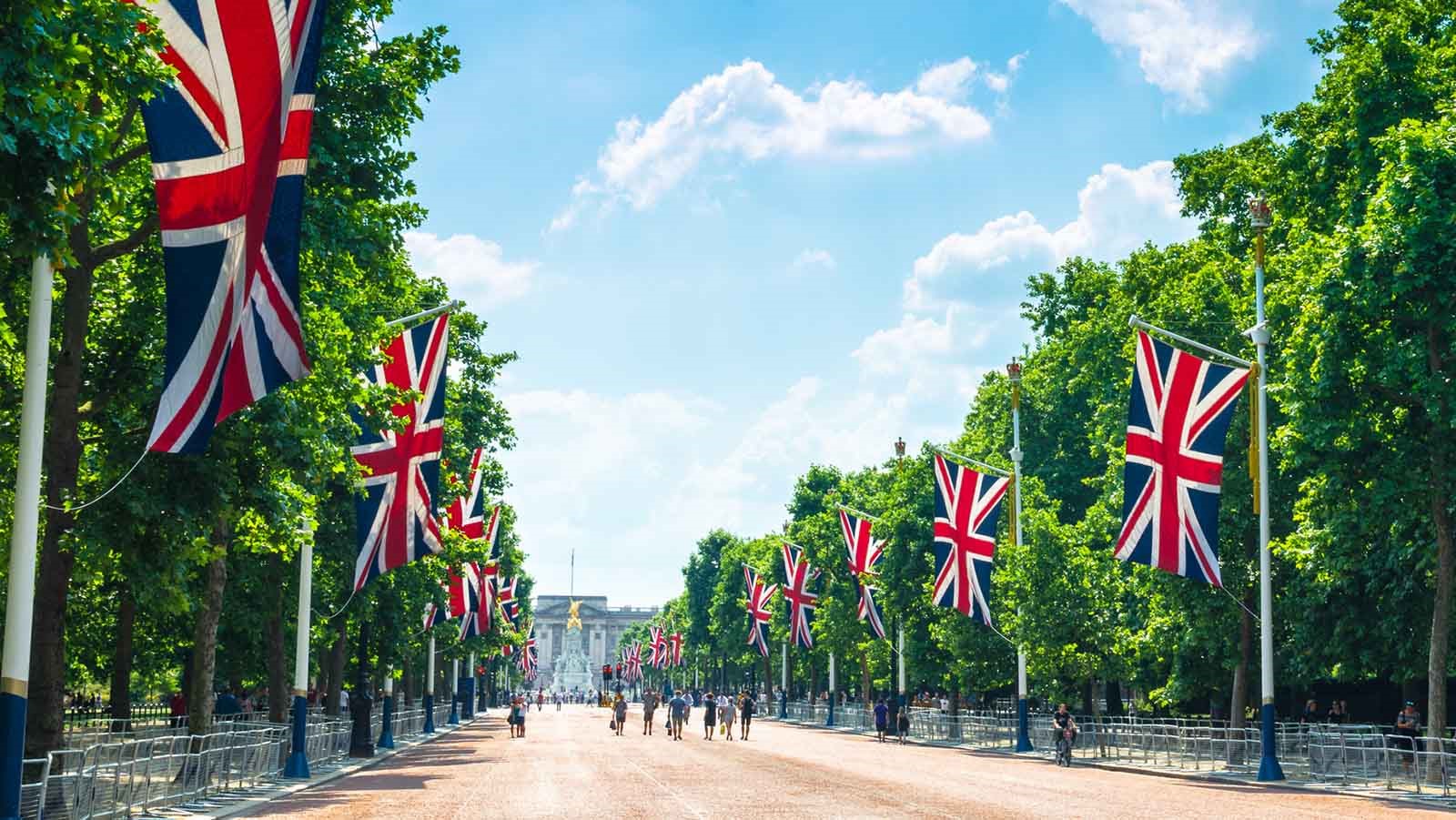The death of the Queen has prompted public displays of grief across the country.
Huge numbers of people have been paying their respects – from crowds flocking to Buckingham Palace to messages on social media, from floral tributes and marmalade sandwiches at royal parks to the long queues to see the Queen lying in state
And many of them will be experiencing grief despite not having a personal connection to the Queen.
It’s a normal feeling, said our member Jennie Cummings-Knight, a psychotherapist based in Norfolk.
Security
“The Queen represented a certain security in the background of our lives,” she said. “Society is so fragmented and she represented stability.
“She has been a constant throughout some difficult periods and to find that she’s not there can be unsettling for people.”
She added: “We have it on the back of the pandemic. An awful lot has happened in the past two-and-a-half years and people are vulnerable.
“We felt the Queen was a permanent landmark. She was as secure as the Houses of Parliament and Buckingham Palace and then suddenly, two days after she greeted the new Prime Minister, she’s gone.
“It’s a tremendous shock and it’s very jarring.”

Our member Jackie Rogers, a psychotherapist based in Staffordshire, said there are a number of reasons why people might be grieving the Queen’s death.
“Although we may not have met these public figures before their passing, they potentially would have been part of our growing up and our personal history, making them familiar figures,” she said in an interview with PA.
“When grieving close family or friends, it’s not so public, whereas with a public figure, it is seen on the news and in the media.
“Because of this, you often see other people mourning, so it’s understandable to feel some sort of empathy with that as well.”
The chance for people to come together is also noted by our member Sara Mathews, a bereavement counsellor based in Durham.
Emotions
But she said it could stir up other emotions, particularly for people who weren’t able to grieve the death of loved ones during the pandemic.
“For some people a symbolic death, such as that of our late Queen, is an opportunity to allow difficult feelings to surface and be felt in safe and communal ways alongside others,” Sara said.
“For others, it’s less meaningful and may even be a source of anger and resentment that their own loved ones were not afforded such a powerful response - particularly those whose loved ones died during Covid and may not have had the chance to be visited, mourned and respected in the usual ways.”
Sara added: “Can we grieve for someone we probably didn’t know personally? Are we under pressure to feel things that aren’t authentic because it’s expected?
“Too often death is accompanied by so many introjections that make us feel we’re doing things wrong or differently from others.
“It can be hard for people to access genuine feelings other than a sense that something shocking has happened, and this in itself can activate our sense of threat and alarm.”
Bereaved
Jackie said that the Queen’s death could stir up emotions for people who have been bereaved.
“For many, the Queen has been a constant, a mother or grandmother figure. Her passing can trigger emotions in people who have lost their own mum or grandparent, be it recently or many years ago.”
Jennie said that the period of official mourning and reflection would help people grieving the death of the Queen
“This fairly lengthy period of grieving and the staged process of the funeral will help,” she said. “We tend to find it difficult to grieve and tend to get on with our lives much too quickly.
“It’s almost as if she is setting out a good way of doing things even after she’s gone. And then when you have the funeral day, it’s a sense of closure and that will help.”
Counselling
Jennie encouraged people to seek counselling support if they’re struggling to cope with a bereavement.
“Counselling is a space where you can say what you feel without fear of upsetting someone or being judged or getting emotional, because people don’t like getting emotional about a death,” she said.
“They feel they should be able to cope and demonstrate how well they’re coping, when actually sometimes we need to be able to demonstrate we’re not coping.
“It’s really good to be given permission to feel your feelings.”
To find a bereavement counsellor visit our Therapist Directory.
Image credit: The Royal Family

Bereavement
How do you cope with the death of a loved one? How can you deal with the overwhelming feelings of loss and grief? BACP member Sara Mathews explains how counselling can help.

What does a bereavement counsellor do?
Watch our member Paula Fowle explain how bereavement counsellors support people who are struggling with grief

How to talk to children about the Queen’s death
Our members offer advice when discussing grief and bereavement with children following the death of the Queen
